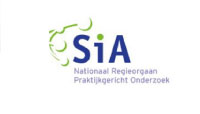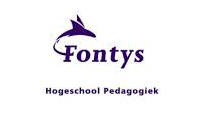Abstract
It is a major social concern to optimize the developmental opportunities for children in families faced with severe problems related to parenting and child development. Strong parent-professional alliances in home-based parenting support (youth care) and high-quality home-school relationships in the case of pupils with special needs (education) have a positive effect on well-being and psychosocial development of children, and on academic performance and behaviour. Also, it strengthens parental competencies.
However, the asymmetrical power in the relationship between parents, teachers and youth care professionals emerges as a barrier to creating partnerships. Professionals have a tendency to give advice to parents and children, instead of taking their opinions into account. Parents and children don’t feel sufficiently heard and should be more involved in decisions concerning special care.
This project investigates how youth care and education professionals can foster self-control, self-efficacy and the own voice of parents and children in partnership relations. The focus is on families in a vulnerable setting and/or with different opinions on upbringing and education.
The project is carried out within youth care organisations (a community-based youth care organisation and a residential care organisation) and a school organisation for special education, serving children with learning disabilities and behavioural problems. Youth care and education professionals can benefit from each other’s expertise.
We are using a mixed methods approach to explore (1) contemporary trends on partnership between parents, children and professionals (survey study) and (2) practices (interviews) across diverse practice settings, (3) to develop tools for reinforcing self-control, self-efficacy and the own voice of parents and children (participative action research), and (4) to share knowledge and experiences among professionals from different domains in youth care and special education (learning communities). During the course of the project, findings, good practices and tools are shared on this digital platform (www.educatief-partnerschap.nl).

